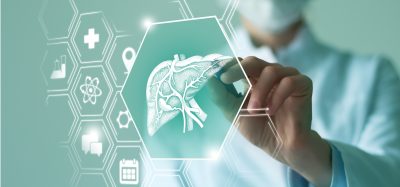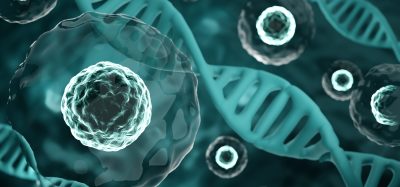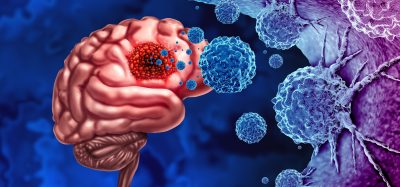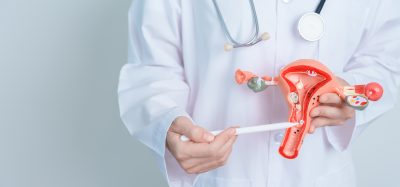PCOS: stem cell-derived components
Posted: 22 September 2023 | Drug Target Review | No comments yet
Polycystic ovary syndrome (PCOS) is a widespread endocrine disorder affecting millions of women worldwide, profoundly impacting their hormonal equilibrium, fertility, and overall quality of life. This enigmatic condition, characterised by diverse symptoms and complex underlying causes, has long eluded effective treatment.
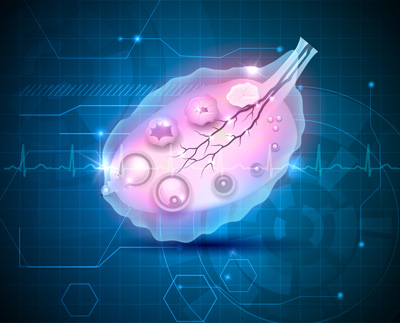

However, a potential therapy has emerged from the laboratories of the University of Chicago, offering hope to those grappling with PCOS.
Recent findings from the university have unveiled a novel approach that harnesses the power of mesenchymal stem cell-derived extracellular vesicles (EVs), also known as exosomes. These tiny, molecular parcels, released by stem cells, hold the promise of addressing multiple PCOS symptoms by regulating bodily systems and mitigating inflammation.
Dr Hang-Soo Park, staff scientist at the University of Chicago and the study’s lead author, explained the shortcomings of current PCOS treatments that merely manage symptoms without addressing the core issues. Conventional therapies, like oral contraceptives, often fall short in addressing the fertility struggles faced by PCOS patients. Park’s team aims to shift the paradigm from symptom management to tackling the root causes, potentially providing long-term relief and enabling women to conceive if they desire.
The journey towards this innovative treatment began with previous research demonstrating that mesenchymal stem cells (MSCs) possess the ability to secrete factors that could alleviate PCOS symptoms. However, the exact nature of these factors remained elusive until now. The latest study identifies these factors as the EVs themselves.
These MSC-derived EVs were found to reduce the activity of genes responsible for the excess production of androgen hormones, a hallmark of PCOS. When injected into mouse models of PCOS, the EVs stabilised metabolic irregularities and even restored ovarian function, offering renewed hope to women struggling with fertility issues.
The researchers believe that the healing observed may be linked to an immune signalling protein called IL-10, known for its anti-inflammatory properties. The EVs could serve as delivery vehicles, enhancing the stability and effectiveness of IL-10 in reducing inflammation and promoting recovery.
EV-based therapy exhibits several advantages over conventional methods. They are more accessible, cost-effective, and safer, with minimal concerns about tumorigenesis or immunogenicity. Clinical trials utilizing EV therapy for reproductive disorders have already gained approval, highlighting the potential for real-world benefits.
Park emphasises that some companies are already producing EVs proven safe in clinical trials, making the eventual production of this therapeutic straightforward once the design is finalised.
Related topics
Stem Cells
Related conditions
polycystic ovary syndrome (PCOS)
Related organisations
University of Chicago
Related people
Dr Hang-Soo Park (University of Chicago)




